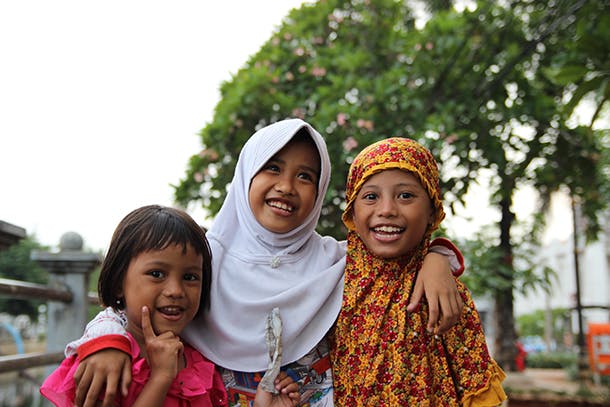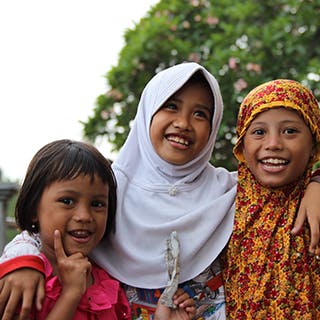
As a woman born and raised in the United States from a middle class family, I’ve enjoyed a privileged life. This includes access to quality, affordable reproductive health care information and services. Without a doubt, this has directly contributed to my ability to complete my education, pursue the professional career of my dreams, and have my beautiful, healthy baby boy when my husband and I were ready.
There are few things more central to your life than your reproductive health – yet access to these essential services, like family planning, are too often taken for granted in the U.S. But imagine: What if you were one of the more than 225 million girls and women who want to avoid or delay pregnancy, but aren’t using modern contraception? Perhaps you would have to drop out of school, be unable to financially support your family, or suffer life-long injuries or even death, simply because you did not have access to the family planning information and tools that you needed to determine if and when you became pregnant.
Why should their lives take a dramatically different course than mine? This is an incredible injustice, but the biggest injustice is that we know how to change this – it’s just a matter of resources and political will.
But I am feeling optimistic. I just returned from the International Conference on Family Planning in Indonesia, which brought together more than 3,000 family planning policymakers, donors, experts, advocates, and implementers from 70 countries, including the largest-ever gathering of youth leaders in the space. It was a powerful moment of solidarity, reminding me once again why I won’t ever take access to family planning for granted.
Here are four reasons why we all need to come together to support increased access to family planning:
1. No information
Jane Otai wrote this powerful piece, “ Sex Won’t Make You Dance Better; Sex In A Pool Won’t Prevent Pregnancy ” and the title says it all. Young people, especially adolescent girls, don’t have access to basic education about their bodies and sex, with devastating consequences. Complications related to pregnancy and childbirth are one of the leading causes of death for girls 15-19 years old. But young people are already leading the way to change this.
2. No options
Girls and women need access to quality, accessible, and age-appropriate services. Family planning is not one-size-fits-all: Girls and women need access to a range of services to fit their particular needs at different points in their lives. The global community is beginning to understand this, and a big focus of the conference was on contraceptive technology.
3. No control
Too often, girls and women are not consensually engaging in sex. It is estimated that one in three women will experience some form of violence against them in their lives, including sexual violence. And one in three girls in developing countries will be married before the age of 18, often to older men. That’s why it is critical that organizations like UNFPA are working to addressing a range of issues to fully support sexual and reproductive health and rights, including gender-based violence.
4. No support from the government
In too many countries, girls and women are denied access to sexual and reproductive health services, from not allowing access to family planning unless you are married, to completely banning abortion even if the mother’s health is in danger or she has been raped. The outbreak of the Zika virus in Latin America, where countries are encouraging women to avoid or delay pregnancy but not providing family planning information or services, has brought this issue into recent headlines. Even if these laws are changed, there are often other barriers to access. But Family Planning 2020 is doing great work to accelerate progress and strengthen country commitments.
As I reflect on the energy and commitment showcased at the conference, I am also reminded of my responsibility – and the responsibility of all of us – to support every girl and woman to live healthy, happy, safe, and empowered lives. As Americans, we should be proud that the U.S. government is the leading provider of these services globally. Let’s make sure the U.S. continues to boldly support this work.

